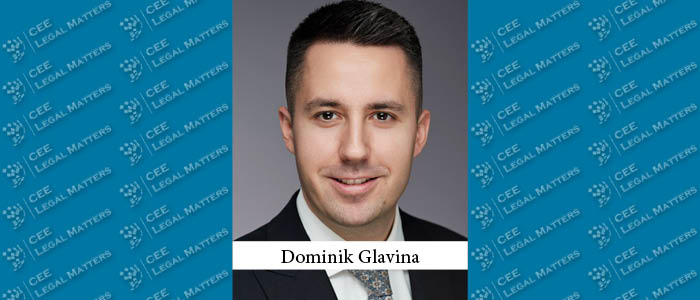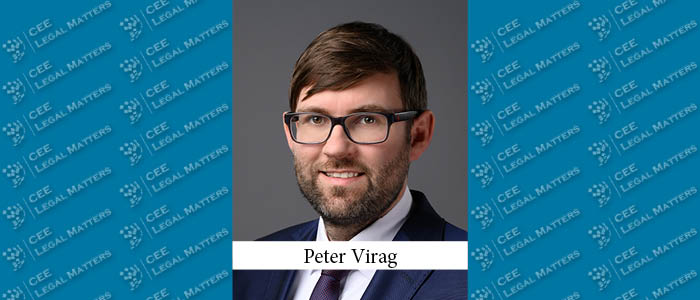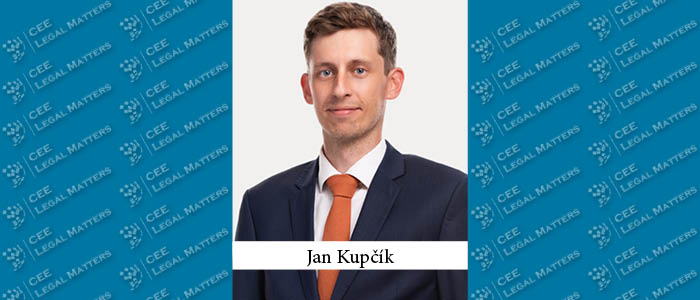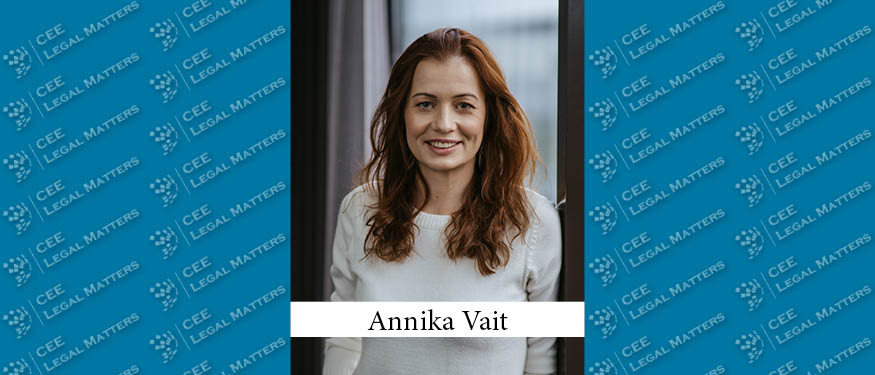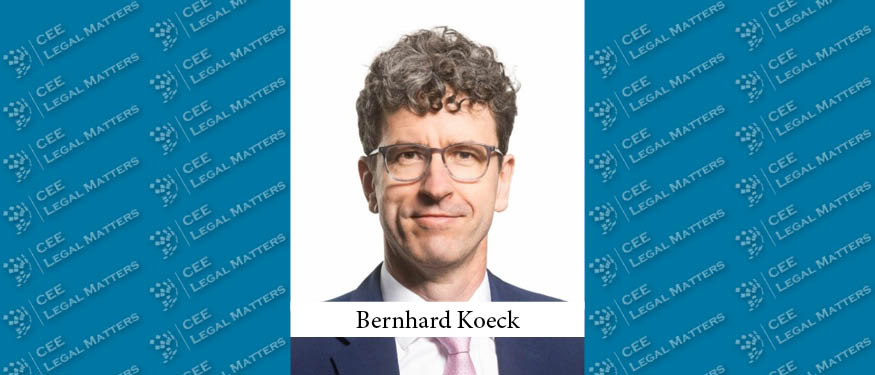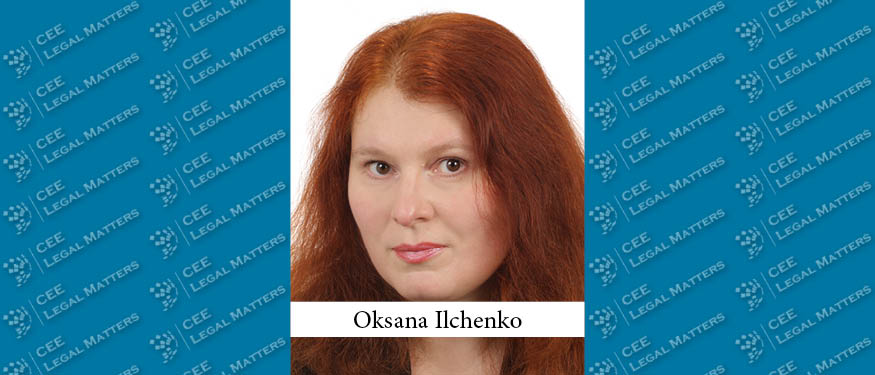One of the most important questions within every M&A deal is whether the transaction at hand is subject to merger clearance. The answer to said question might impact the timeline and (potentially) the successful completion of the deal itself. Up until Towercast cases (C-449/21), the analysis was straightforward by applying the clear turnover-based rules defining the applicability of the Regulation No 139/2004 (“Merger Regulation”).
Gecic Law and Maric & Co Successful for Arena Channels Group in Antitrust Case
Gecic Law and Maric & Co have successfully represented the interests of the Arena Channels Group before the Competition Authority and courts of Bosnia and Herzegovina in an antitrust case.
Dentons Advises Fulleren on Competition Clearance for Slavia Praha Football Club Acquisition
Dentons has helped Fulleren obtain the merger clearance from the Czech Republic’s Office for the Protection of Competition for the acquisition of the Slavia Praha football club.
Peter Virag Joins Oppenheim To Lead Competition Team
Oppenheim has recently announced the appointment of Peter Virag – formerly of DLA Piper – as Head of its Antitrust, Competition, and Trade team.
New Notification Obligation for Czech Energy Sector Transactions
Effective 1 January 2024, the Czech Energy Act (No. 458/2000 Coll.; "EA") mandates notification to the Ministry of Industry and Trade for both direct and indirect acquisitions of elements of energy critical infrastructure. The parties will be under a standstill obligation until the transaction is cleared. Notably, the triggering event is set to 10 % of shares or voting rights or even lower. Let's take a closer look at the new transaction review feature.
Serbian Competition Commission Closes the Bid-Rigging Investigation with Sanctions
By its decision dated 29 December 2023, the Serbian Competition Commission determined that the companies KTG Solucije and Eco Sense from the town of Subotica (in Serbia) entered into a restrictive agreement by colluding in public procurement procedures (i.e., bid rigging).
Schoenherr Appoints Seven New Partners in Poland, Romania, Serbia, Slovakia, and Slovenia
Poland's Weronika Kapica and Daria Rutecka, Romania's Adina Damaschin and Mara Moga-Paler, Serbia's Zoran Soljaga, Slovakia's Michal Lucivjansky, and Slovenia's Peter Gorse have all been appointed to Partner positions with Schoenherr.

